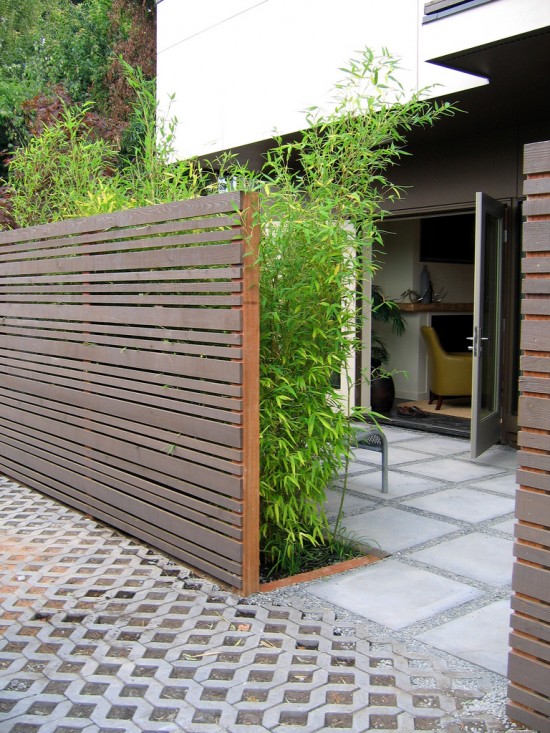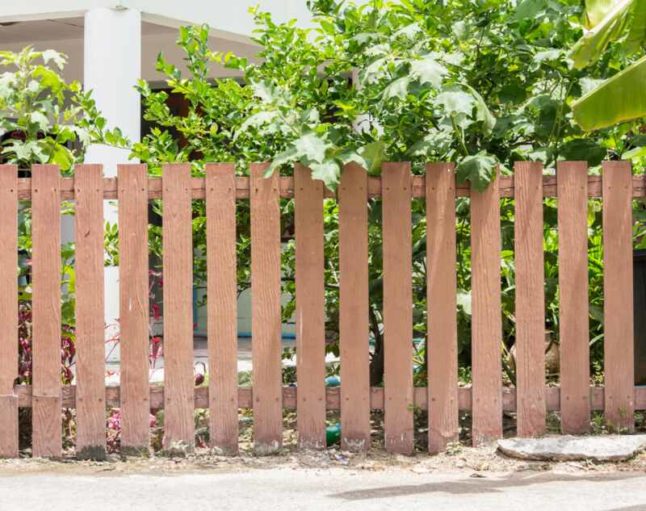All Categories
Featured

Selecting the ideal fence product is crucial for achieving the balance of sturdiness, aesthetic appeals, and functionality that fits your property. Wood, vinyl, and light weight aluminum are popular selections, each with one-of-a-kind attributes that satisfy certain requirements. Below's a thorough take a look at the benefits and downsides of these 3 products.
Timber Fencing. Pros:. Classic Charm: Wood provides a natural, traditional appearance that matches numerous building designs. Customizable: It can be painted or tarnished in a range of design and colors. Budget friendly: Timber fencings are commonly less costly in advance than plastic or aluminum. Eco-Friendly: As a sustainable resource, timber is biodegradable and sustainable when sourced sensibly. Disadvantages:. Maintenance-Intensive: Requires routine staining, painting, or sealing to secure versus weather and insects. Much Shorter Life-span: Depending upon the kind of wood and environment, it normally lasts 10-15 years. Vulnerability to Damage: Prone to rotting, warping, and termite damage without correct care. Timber is perfect for property owners that value visual appeals and want to spend time and initiative in upkeep to prolong its life.
Vinyl Fencing. Pros:. Long lasting: Immune to parasites, rot, and climate, plastic maintains its framework in rough conditions. Low Maintenance: Calls for little upkeep past periodic cleaning. Lengthy Life expectancy: Vinyl can last 20-30 years without substantial wear or damage. Functional Layouts: Available in numerous shades, appearances, and styles, including choices that mimic timber. Disadvantages:. Costly Installation: Plastic fencings are more pricey to mount contrasted to wood. Weak in Cold Climate: Vinyl can split in extreme cold environments. Hard to Fixing: If damaged, entire sections might require substitute, which can be challenging to match. Vinyl fence is an excellent selection for those prioritizing durability and minimal upkeep, also if it includes a greater upfront expense.

Light Weight Aluminum Fence. Pros:. Rust-Resistant: Light weight aluminum does not corrosion, making it optimal for damp or damp locations. Light-weight yet Strong: Deals stamina without being excessively heavy, which streamlines installment. Low Upkeep: Needs bit greater than cleansing and periodic repainting. Durability: Aluminum fences can last for years without substantial deterioration. Sophisticated Layouts: Typically utilized for attractive objectives, aluminum includes class to any building. Cons:. High First Price: Light weight aluminum fences are amongst the a lot more costly alternatives. Restricted Personal privacy: Often made with open spaces, they do not obstruct sights or sound. Susceptible to Dents: While tough, aluminum can be dented or curved with hefty impact. Aluminum is ideal suited for those who desire a long-lasting, trendy fence and don't need total privacy.
Making the Right Selection. Each product has its weaknesses and strengths:

Timber is ideal for traditional looks and eco-conscious buyers that do not mind upkeep. Vinyl benefits house owners seeking a weather-resistant, low-maintenance remedy. Aluminum is a durable, decorative alternative for those that want style and durability. Consider your top priorities-- whether it's expense, personal privacy, maintenance, or look-- and speak with a fencing professional to choose the product that ideal fulfills your needs. A well-selected fence will certainly improve your home for several years to come.
Latest Posts
Check Out the Best Auto Repair Discounts in Montclare, Chicago
Published May 27, 25
1 min read
Why Chicago Drivers Select Montclare Auto Repair for Reliable Service and Significant Savings
Published May 26, 25
1 min read
Find Out How WyHy Federal Credit Union Saves You Money on Loans and Savings
Published May 25, 25
1 min read
More
Latest Posts
Check Out the Best Auto Repair Discounts in Montclare, Chicago
Published May 27, 25
1 min read
Why Chicago Drivers Select Montclare Auto Repair for Reliable Service and Significant Savings
Published May 26, 25
1 min read
Find Out How WyHy Federal Credit Union Saves You Money on Loans and Savings
Published May 25, 25
1 min read